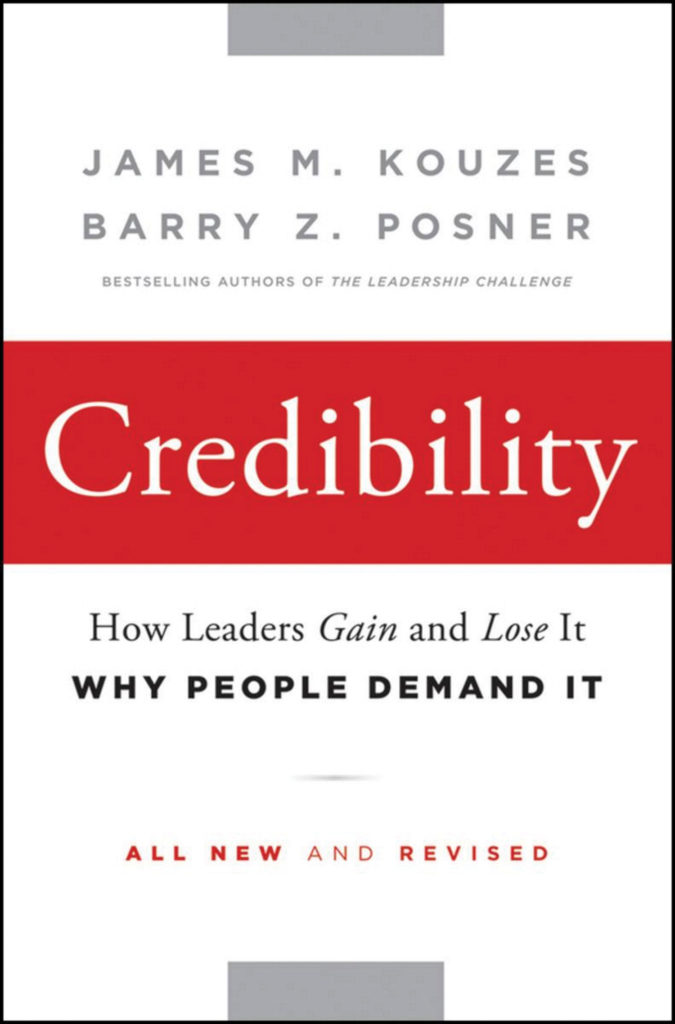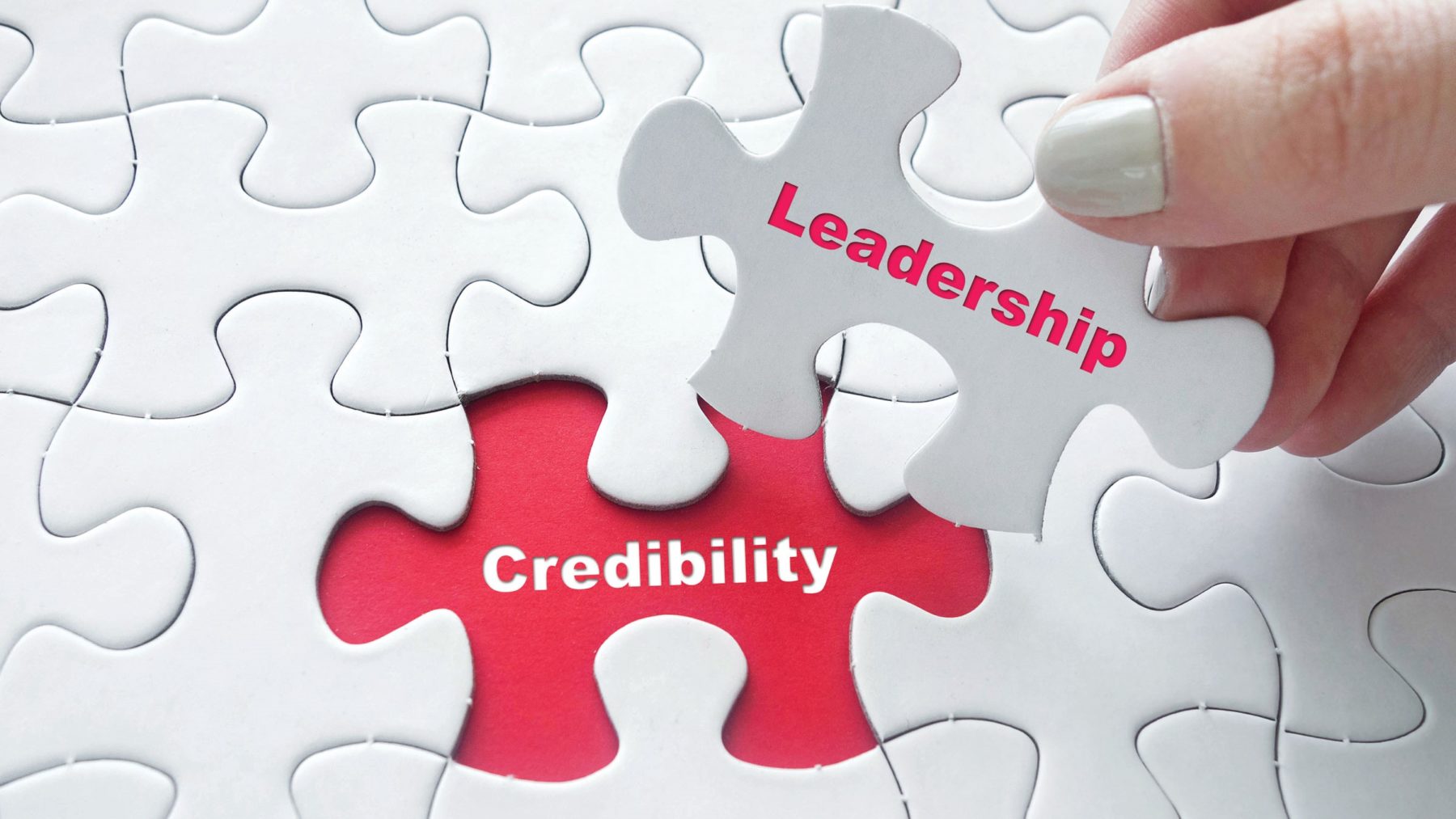Take a moment to reflect on this question: What person comes to mind when you think about the best leader you’ve ever been personally associated with? Really think about this. Don’t read further and challenge yourself to come up with a name.
While the spectrum and diversity of leaders is exponentially wide, I’m going to bet they have one characteristic in common—credibility, which is defined as “the power of inspiring belief.” It’s a quality—ubiquitously generic—that develops or breaks down skills or behaviors. Luckily for us, in the classic Credibility: How Leaders Gain and Lose It, Why People Demand It (Kouzes and Posner, John Wiley & Sons, 2011) the authors have studied and distilled credibility behaviors over the past 40 years.
 Think back to the name you’ve recalled in the opening question and compare to the following criteria that Kouzes and Posner’s extensive quantitative and qualitative global research have unveiled:
Think back to the name you’ve recalled in the opening question and compare to the following criteria that Kouzes and Posner’s extensive quantitative and qualitative global research have unveiled:
- Honest: Honesty is the cornerstone to credibility. If someone is going to follow a leader, be it to the battlefield or the boardroom, they will first make the decision to freely give that leader their trust. This characteristic is further exemplified today by the high proliferation of social media technology.
- Forward-looking: This refers to those who can crystalize a winning future vision, tell you how you will get there, and set the organizational context to achieve the desired state. Great forward-looking leaders find the balance to set a vision that converts the hearts and minds of the organizational members.
- Inspiring: People admire leaders who are dynamic, uplifting, enthusiastic, positive, and optimistic. It’s not enough to have dreams of the future. Leaders must be able to continually communicate the vision to encourage others through grinding work, inevitable setbacks, and overcoming seemingly impossible odds toward success. It’s not about being a cheerleader, but about genuinely injecting hope through actions, mindset, tangible proof points, and most importantly, outcomes.
- Competent: This is about being capable and effective. Capability can be seen in either the subject matter expertise or a specific set of skills. Effectiveness is best demonstrated by the ability to execute and achieve. Competence in leaders is also expected in developing the entire team, it is not simply an individual expectation.
In understanding the top four qualities, we can create a development plan that can help make our leadership journey more impactful. Maybe someone will classify you as “the best leader they’ve ever been personally associated with.” Until then, keep striving!







